Photographs: Petar Kujundzic/Reuters. Arvind Subramanian
Has the renminbi problem gone away? Even as China's internal rebalancing remains a work in progress, its external imbalance problem is fast disappearing.
The current account surplus declined to less than three per cent of GDP last year, from over 10 per cent at its peak, and most forecasters expect it to hold steady in the near term. Foreign exchange reserves have stabilised around $3.2 trillion.
And the renminbi has appreciated by about 30 per cent since 2005. So, can victory be declared and can China look forward to engagement with the rest of the world without bickering over its mercantilist exchange rate policies?
The bad news is that the renminbi problem is still not a thing of the past.
...
Why renminbi will remain a bone of contention
Image: An employee arranges bundles of Renminbi banknotes at a bank in Suining, Sichuan province.Photographs: Reuters.
The possibly good news is that there is an opening for the reformist wing of the current Chinese leadership to do a Zhu Rongji to address the problem. Consider each.
Leave aside the question of whether the world's fastest-growing and still-poor economy should be running such surpluses.
The self-insurance motive for building reserves was met at least a trillion dollars of reserves ago.
Even the mercantilist objective has become less attractive because of the extraordinarily high levels of investment, mounting inefficiency and corruption that is associated with the range of policies supporting mercantilism.
...
Why renminbi will remain a bone of contention
Image: Chinese one yuan coins are placed on 100 yuan banknotes in this illustrative photograph taken in Beijing.Photographs: Petar Kujundzic/Reuters.
But policies remain mercantilist. By how much? One way of assessing the competitiveness of the Chinese economy is to compare Chinese prices with those of other countries, controlling for the fact that richer countries tend to have higher prices.
If a country's prices are lower than what might be expected given its standard of living, its currency is undervalued (and vice versa). This is the purchasing power parity method for assessing currency valuation.
On this method, my calculations suggest that the renminbi remains substantially undervalued, by about 30 per cent against the dollar.
...
Why renminbi will remain a bone of contention
Image: Labouers eat their lunch outside residential construction site in Beijing.Photographs: Jason Lee/Reuters.
In fact, even this could be an under-estimate. Professor Feenstra of the University of California and his colleagues have recently estimated that the Chinese economy is, in fact, considerably larger and domestic prices considerably lower than currently supposed.
In that case, the purchasing power parity intuition would imply even greater currency undervaluation.
Put simply, the Chinese mercantilist juggernaut is alive and well. Unsurprisingly, China's partners have been exercised by these policies.
...
Why renminbi will remain a bone of contention
Image: A security guard walks in front of Yintai Centre in Beijing's central business district.Photographs: Jason Lee/Reuters.
Discussions are afoot in several international fora - the International Monetary Fund (IMF), G20 and most recently in the World Trade Organisation (WTO) - to define multilateral standards for mercantilist exchange rate policies and to find effective ways of enforcing them.
Not all these attempts reflect industrial country grievances.
In fact, China poses competitive problems for other developing countries, precisely because it is these countries that are China's main competitors.
Clikc NEXT to read more...
Why renminbi will remain a bone of contention
Image: A labourer walks on coils of steel wire at a steel market in Shenyang, Liaoning province.Photographs: Sheng Li/Reuters.
In recent research with Aaditya Mattoo of the World Bank and Prachi Mishra at the IMF, we show that China's exchange rate has a substantial effect on the exports of other developing countries that compete with China in third-country markets.
For example, a 10 per cent appreciation of the renminbi could increase exports of competitor countries by between two and six per cent, depending on how closely they compete with China.
For developing countries, therefore, the renminbi will remain a bone of contention.
...
Why renminbi will remain a bone of contention
Image: vendor smiles as he waits for customers in front of piles of Chinese cabbage at a vegetable wholesale market in Shenyang, Liaoning province.Photographs: Sheng Li/Reuters.
How can China address the renminbi problem definitively? The reformers within China are aware that the answer lies in ending financial repression and opening up the capital account, freeing up interest and exchange rates.
But the opposition to reform remains substantial and the leadership transition later this year appears to have sharpened the divide over economic reforms.
But, emboldened (or liberated) by the prospect of relinquishing power later this year, the reformers are increasingly asserting the case for change.
...
Why renminbi will remain a bone of contention
Image: Employees of Huawei Technologies Co. Ltd. walk past the company office in Shenzhen, Guangdong province.Photographs: Tyrone Siu/Reuters.
The reform-imbued China 2030 report bearing this government's unmistakable imprimatur, the recent moves to open the capital account, and most striking of all, Prime Minister Wen Jiaobao's call to break the monopoly of the state banks all reflect the new-found zeal for reform.
China's reformers need all the help they can get to overcome the domestic opposition.
...
Why renminbi will remain a bone of contention
Image: Zhang Junfeng (L), Zhang Shuxiang's older brother, picks vegetables with his relatives at their home in Zhengzhou, Henan province.Photographs: Reuters.
It might seem counter-intuitive to suggest that a strong powerful and fiercely nationalistic country such as China can get help from the outside.
But there is a recent historical precedent. About a decade ago, Zhu Rongji shrewdly used accession to the WTO as a way of furthering domestic and external liberalisation.
Today's reformers can similarly harness the lever of international cooperation to help liberalise China's exchange rate and financial sector policies.
...
Why renminbi will remain a bone of contention
Image: An employee works on a solar panel production line at a solar company workshop in Yongkang, Zhejiang province.Photographs: Reuters.
The right forum for and design of cooperative efforts will need to be worked out.
But how fitting, and possibly effective, it would be for Zhu Rongji's protege, Wen Jiaobao, to turn to the same source of help, at the same, twilight, stage of his professional career - and for the same laudable reason of pushing through reform.
<I>The author is senior fellow at the Peterson Institute for International Economics and Centre for Global Development, Washington, DC.<BR> This is a revised version of an article that appeared in the Financial Times on April 10</I>

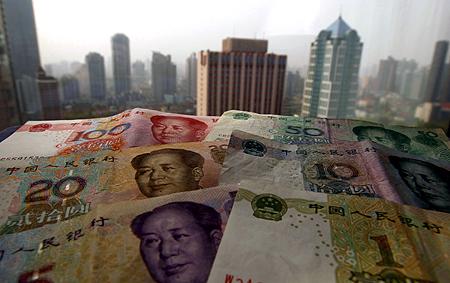

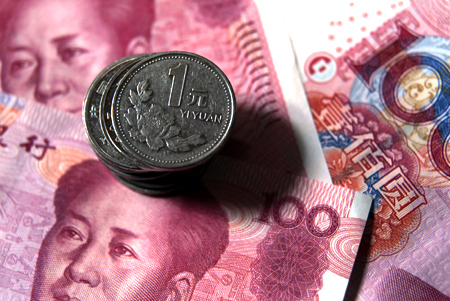
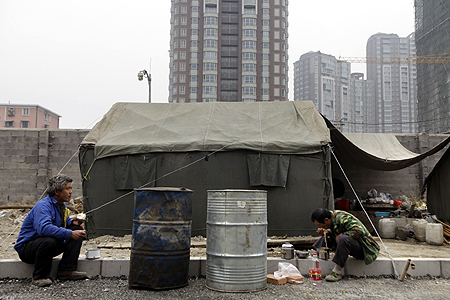
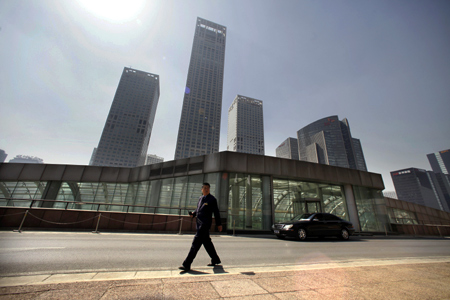
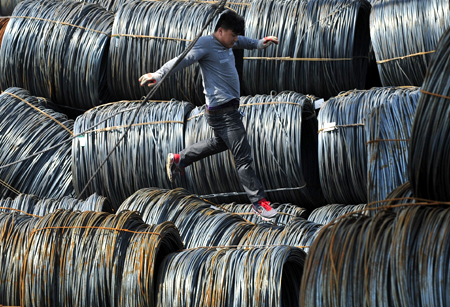
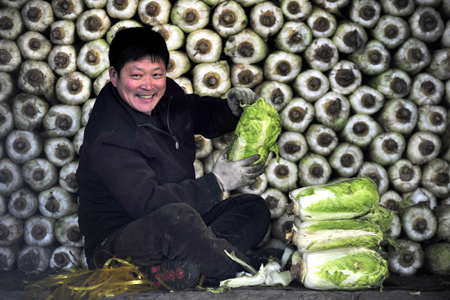
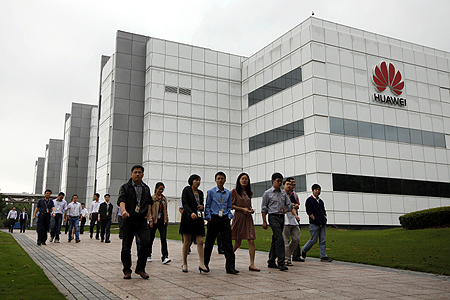

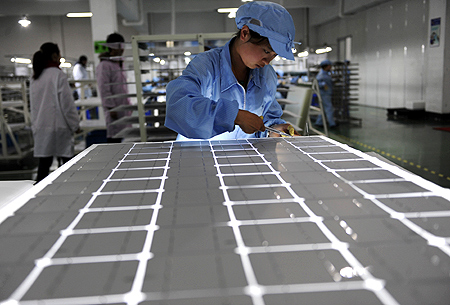

article